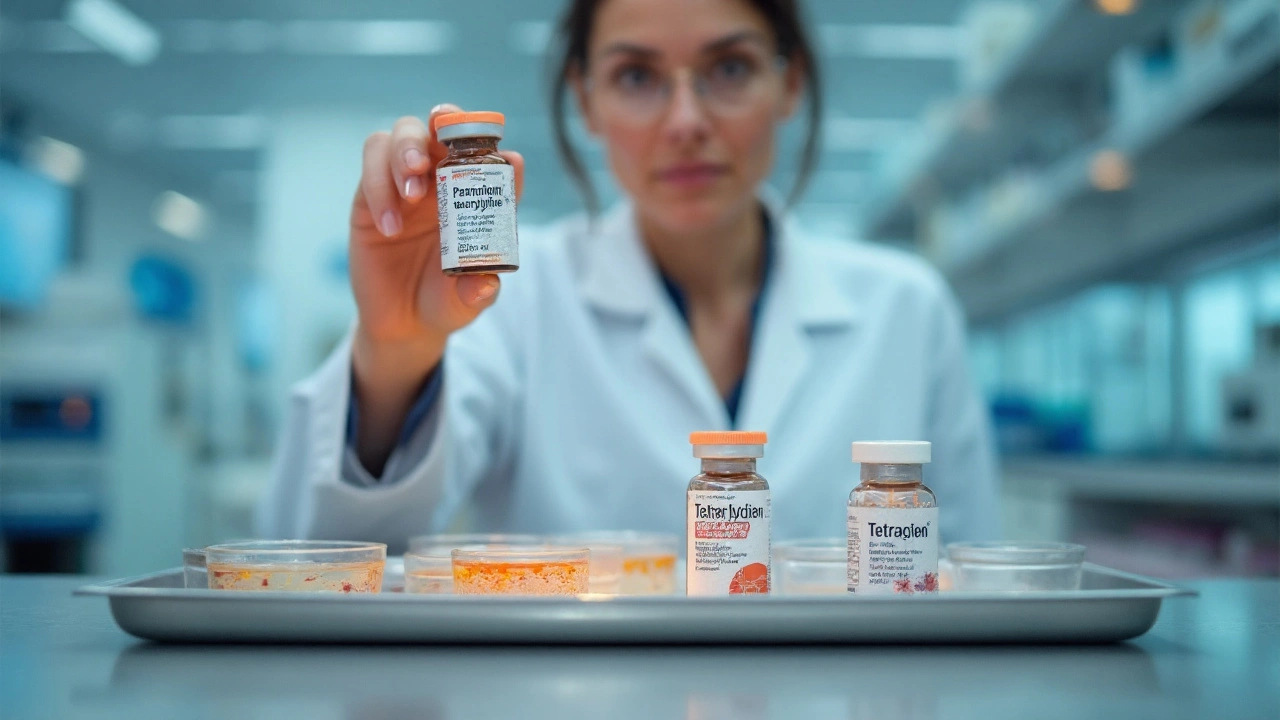Antibiotic Alternatives: Safe Ways to Fight Infection
Ever wonder if you can beat a bug without reaching for a prescription? More people are asking that question as concerns about resistance and side effects rise. The good news is there are several proven strategies that support your body’s own defenses, and most of them cost less than a bottle of pills.
Why Look for Alternatives?
Antibiotics are lifesaving, but they work best when used correctly. Overusing them can kill good bacteria, weaken immune response, and create resistant strains. When you have a mild infection—like a cold, a skin irritation, or a minor gut upset—your immune system often needs a boost, not a knockout shot. Switching to natural options can reduce the risk of long‑term complications and keep you healthier overall.
Top Natural Options
1. Antioxidant‑rich supplements – Blueberry extracts are packed with anthocyanins that protect cells from oxidative stress. Studies show they can improve gut health, which is a key factor in fighting infections.
2. Avocado sugar extract – This natural sweetener contains polyphenols that help regulate blood sugar and reduce inflammation, two common triggers for weakened immunity.
3. Rue (Ruta graveolens) supplement – When taken in proper doses, rue can act as a mild antimicrobial and support respiratory health. Always check the dosage and avoid if you’re pregnant.
4. Strophanthus supplement – Historically used for heart conditions, modern low‑dose forms have shown promise in supporting circulation, which improves nutrient delivery to immune cells.
5. Probiotic foods – Yogurt, kefir, and fermented veggies refill your gut with good bacteria. A balanced microbiome is one of the strongest barriers against pathogens.
Beyond supplements, simple lifestyle habits make a big difference. Getting at least seven hours of sleep, staying hydrated, and moving daily keep your white blood cells active. If you catch a sore throat early, warm honey‑lemon tea can soothe inflammation while the honey’s natural antimicrobial properties do extra work.
When an infection looks serious—high fever, spreading redness, or persistent pain—don’t wait. Those signs mean a doctor’s prescription might still be the safest route. But for many everyday bugs, trying a natural alternative first can spare you from unnecessary antibiotic exposure.
Remember to talk to a healthcare professional before swapping prescription meds for supplements. Some natural products interact with other drugs, and dosing matters. A quick check with your pharmacist can prevent surprises.
In short, you have options. By combining the right supplements, good nutrition, and healthy habits, you can give your body the tools it needs to fight infection without reaching for antibiotics every time. Give one of these alternatives a try the next time you feel under the weather—you might be surprised how well your own system can handle it.
A detailed compare‑and‑contrast of Panmycin (tetracycline) with leading antibiotics, covering uses, spectrum, side effects and resistance.
